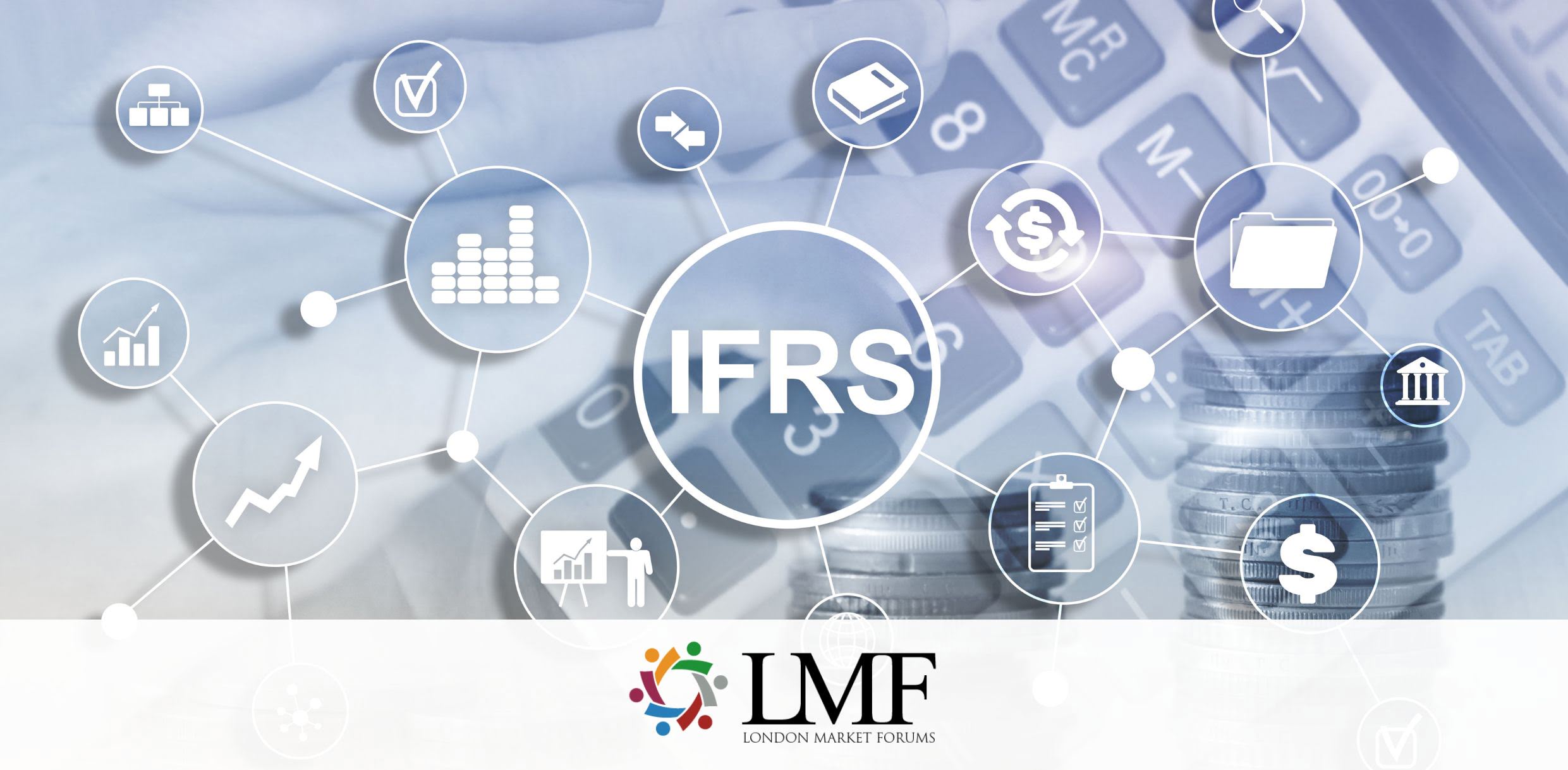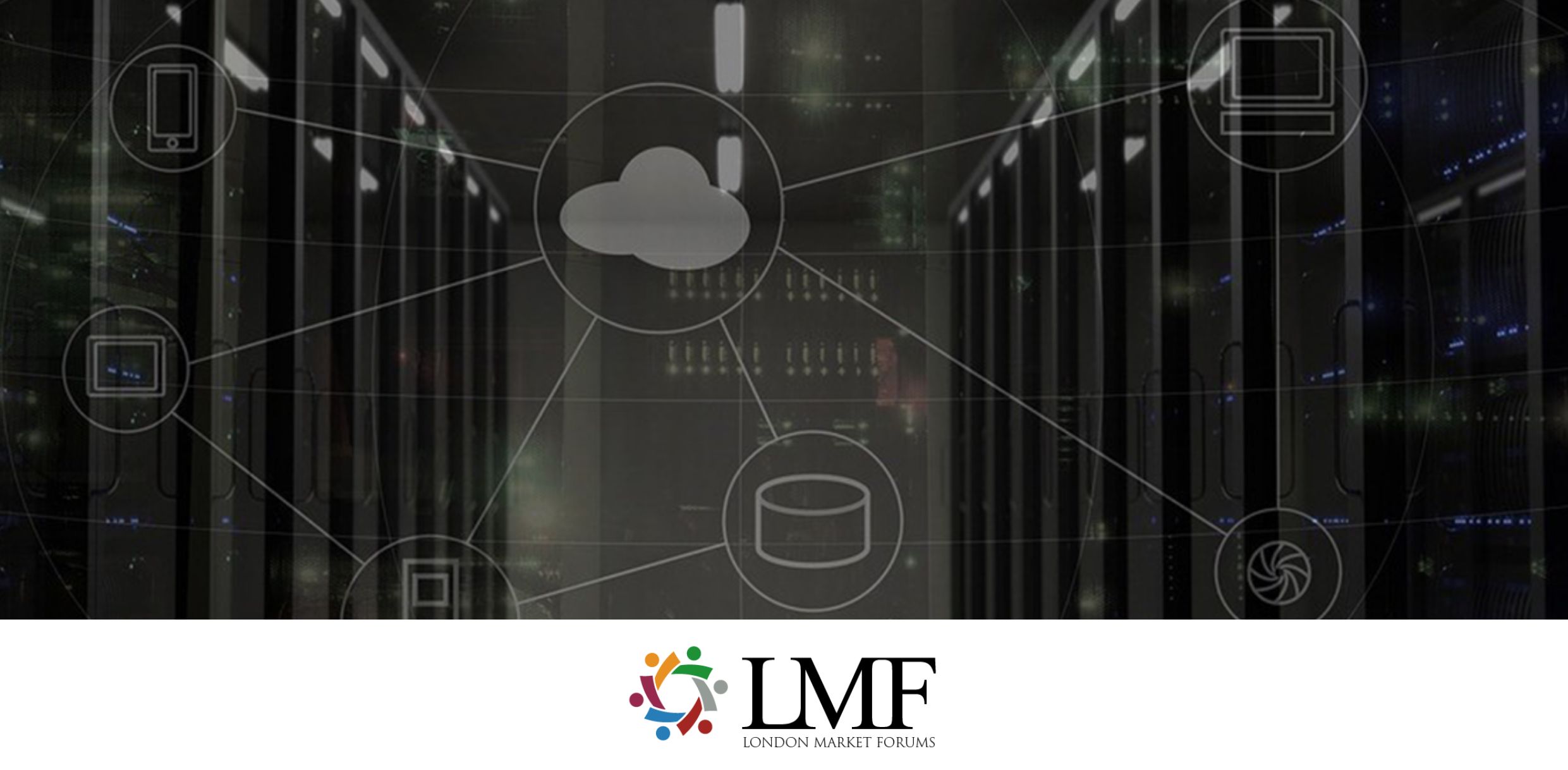In the face of an ever-evolving landscape, the insurance industry has showcased remarkable resilience and adaptability through the adoption of cutting-edge digital technologies. These technological advancements have fuelled operational efficiency and transformative changes, propelling the industry forward. However, as 2023 unfolds, the industry finds itself confronting a diverse array of emerging risks, ranging from global crises and natural disasters to escalating premiums and the emergence of new market players. Compounded by the uncertainties stemming from global challenges, government regulations, and economic forces, these challenges are expected to persist and intensify.
Resilient Insurance Industry Faces Mounting Challenges, Urgent Need for Cybersecurity Measures
Of particular concern is the pressing issue of cybersecurity, which has emerged as one of the most formidable risks faced by insurers. Recent times have witnessed a distressing surge in both the frequency and severity of cyber threats, with ransomware attacks at the forefront. In 2022 alone, 82% of financially motivated cybercrime involved the employment of ransomware or malicious scripts. The impact of these attacks extends beyond the technological realm, with cybersecurity now posing a significant business risk. As a result, insurers find themselves compelled to adopt an agile and proactive stance to counter this ever-evolving threat landscape. To this end, the development of modern systems leveraging the power of artificial intelligence (AI), machine learning, and automation has become imperative. By harnessing these advanced technologies, insurers can effectively mitigate threats and fortify their business resilience in the face of mounting cyber risks.

Regulatory Landscape Adapts to Evolving Risks, Bolstering Cybersecurity Preparedness
In tandem with the evolving risk landscape, regulatory frameworks are swiftly adapting to ensure heightened cybersecurity readiness. The European Insurance and Occupational Pensions Authority (EIOPA) stands at the forefront, prioritizing the preparation of insurance companies across Europe to effectively navigate cybersecurity risks. Simultaneously, the Digital Operational Resilience Act (DORA) takes centre stage, aiming to fortify the digital operational resilience of the European Union's financial sector, including the insurance domain.
Notably, France takes a proactive stance, set to enact legislation mandating cyber risk rating by October this year. This forthcoming law will require operators of essential services to implement tailored cybersecurity measures, promptly reporting significant incidents to the appropriate authorities. Moreover, the legislation emphasizes the necessity of cybersecurity certification in digital platforms catering to the public, further cementing the nation's commitment to robust cybersecurity protocols.
Insurance Industry Embraces Digital Transformation Amidst Challenges, Pioneering Technology Ecosystems
Undeterred by obstacles, the insurance industry is fervently undergoing a digital transformation, with technology ecosystems rapidly taking shape. Insurers are proactively simplifying outdated legacy systems while constructing new, adaptable, and scalable technology frameworks. These modernized systems serve as the linchpin for maximizing profitability, bolstering scalability, and delivering unparalleled value.
Furthermore, insurers are pivoting from a policy-centric approach to a customer-centric business model, embracing the realities of the digital era. The rise of distributed workforces has brought forth new cybersecurity challenges as traditional security models prove insufficient in safeguarding sensitive data accessed remotely. Enter the Zero Trust model, a revolutionary solution that treats every network and user as a potential threat. For insurers, implementing this model is paramount in protecting invaluable customer data. However, striking the delicate balance between enhanced security and operational efficiency is essential, ensuring productivity and customer service remain unaffected.
This paradigm shift is propelled by the profound understanding that a single poor customer experience can irreversibly result in customer loss. To counter this, insurers are adopting a multifaceted, multichannel approach that streamlines processes and offers personalized, omnichannel experiences, ultimately enhancing the overall customer journey.
Amidst Mounting Challenges, Fortinet Presents Cutting-Edge Solutions to Propel Digital Transformation
Amidst significant challenges Fortinet, a leading cybersecurity company, stands at the forefront, providing cutting-edge tools to address digital transformation hurdles. Fortinet tackles the complex landscape head on, offering a seamless user experience, bolstering business continuity through SD-WAN technology, and empowering organizations with enhanced visibility and reporting capabilities to bolster their security agility.
By addressing critical areas such as user experience, business continuity, and security agility, Fortinet equips organizations with the necessary arsenal to overcome obstacles and thrive in the ever-evolving digital landscape.

Fortinet: A Cybersecurity Partner for the Insurance Industry with Mitre ATT&CK Expertise
As a leader in cybersecurity, Fortinet is uniquely positioned to assist insurance companies in navigating the evolving cyber threat landscape. With a deep understanding of industry-specific attack vectors and techniques, Fortinet can objectively evaluate an organization's risk control efficacy. By assessing against more than 25 MITRE ATT&CK threat techniques, Fortinet identifies vulnerabilities and their potential financial impact, allowing the building of a complete digital risk assessment – enabling organizations to stay ahead of cyber risks and safeguard your business.

Ricardo is a strategic and results-driven leader with extensive experience in risk management in large-scale environments. He has a global perspective and is passionate about democratising technology to help businesses succeed.
Recently, Ricardo published a groundbreaking book, "Policy Design in the Age of Digital Adoption" which presents a framework for creating innovative policy programs that enable organisations to embrace the digital age fully

.png)
(370x450).jpg)
.png)
.png)
.png)
.png)
.png)









